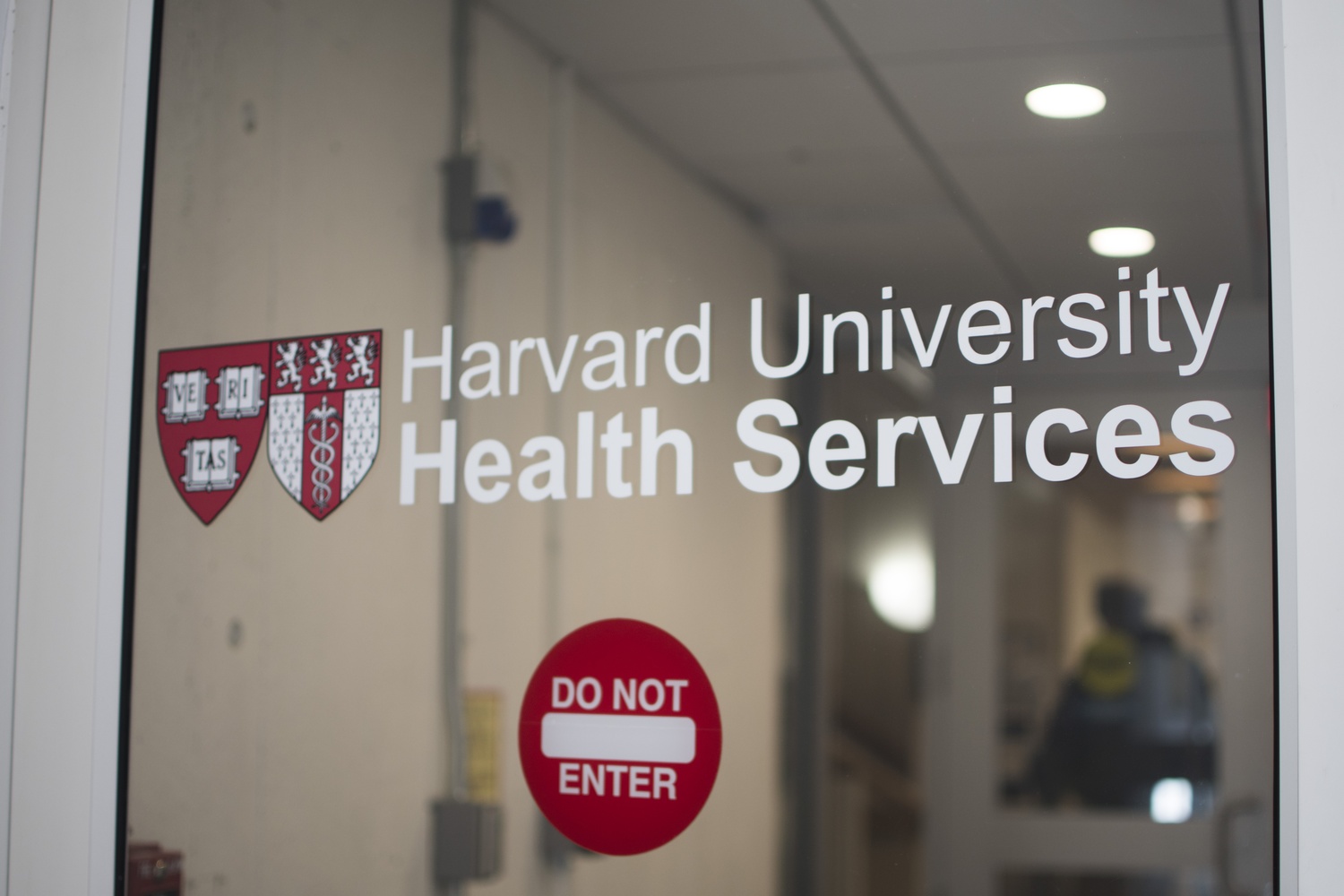
News
Summers Will Not Finish Semester of Teaching as Harvard Investigates Epstein Ties

News
Harvard College Students Report Favoring Divestment from Israel in HUA Survey

News
‘He Should Resign’: Harvard Undergrads Take Hard Line Against Summers Over Epstein Scandal

News
Harvard To Launch New Investigation Into Epstein’s Ties to Summers, Other University Affiliates

News
Harvard Students To Vote on Divestment From Israel in Inaugural HUA Election Survey
Mental Health Initiative for Asian-American Women Comes to Harvard

A new Boston-area mental health initiative focused on Asian-American women enrolled its first cohort at Harvard this fall.
The program, called “Asian Women’s Action for Resilience and Empowerment,” launched in September and consists of part group therapy session, part research study. It aims to fulfill a need for mental health care for an under-researched demographic, according to Boston University professor Dr. Hyeouk “Chris” Hahm, who created the program.
Hahm said she first conceived of plans for AWARE while working as a clinical social worker in New York City 19 years ago. She noticed patterns of conflict within immigrant families — especially those from Asia — and in particular among Asian-American women.
But Hahm said she found little existing research on this demographic.
“I realized that there were so few studies, so few articles, on these immigrant — particularly Asian-American immigrant — children, as well as their parents,” she said. “In particular, there was so little research done targeting Asian-American women — especially their sexual risk behaviors, depression, and suicidality.”
Citing the “model minority myth” — the idea that Asian Americans can succeed in the United States regardless of their background — Hahm said people tend to generalize Asian Americans’ experiences and that as a result Asian-American women may feel that their concerns are misunderstood.
“They put them all in one category: if you’re Asian, then you’re great at math, you’re well-off, you’re ambitious, you do well. You don’t have problems,” she said. “In the meantime, our children, our young people, are still suffering.”
Hahm said Asian Americans experience stress from conflicting identities, and — in the cases of many children from immigrant families — the weight of growing up in a “high pressure, high stress, high ambition, but low support” environment. She added that Asian Americans are less likely to seek mental health treatment than members of other racial groups.
Asian Americans were the demographic least likely to seek mental health treatment, according to a University of Michigan and Boston University-based study that surveyed over 43,000 United States undergraduate and graduate students from 2012 to 2015.
Hahm first launched AWARE at Wellesley College in 2017, and later extended the program to Boston University.
Jenny H. Hsi, a student at the Harvard School of Public Health who helped implement the program at Harvard, said AWARE is helpful because it gives participants a space to discuss important issues with people of similar backgrounds.
“Part of the reason why we are offering this as a group experience, and not as an individual experience, is also because getting people who may have similar or resonant experiences together in a room often helps validate people’s experiences and difficulties,” Hsi said.
Harvard University Health Services is "piloting" the program, and Hsi said the therapists who administer the group sessions at Harvard are of East Asian backgrounds themselves.
The group sessions are focused on topics such as parenting styles and disempowerment, body image and discrimination, and sex and substance abuse.
Hahm and Hsi both said previous participants identified the sessions about parental relationships as the most helpful.
“What we do want to get across is that parents who come from various Asian cultures who may not have had the same experiences as their children growing up here, they’re operating from a different context,” Hsi said. “The goal is to help the two sides understand each other better.”
Correction: Nov. 2, 2018
A previous version of this article incorrectly indicated that Dr. Hyeouk “Chris” Hahm came up with the idea for AWARE while working as a clinical social worker in New York City nine years ago. In fact, Hahm came up with the idea 19 years ago.
—Staff writer Simone C. Chu can be reached at simone.chu@thecrimson.com. Follow her on Twitter @simonechu_.
Want to keep up with breaking news? Subscribe to our email newsletter.
